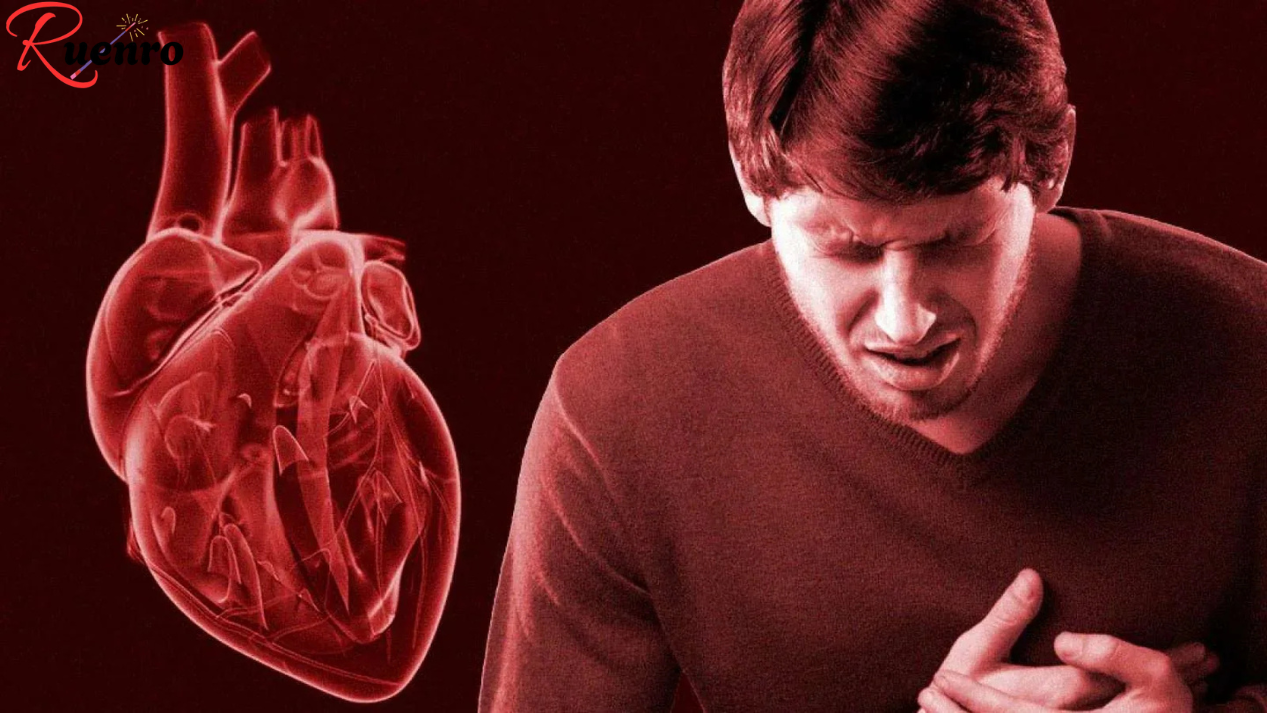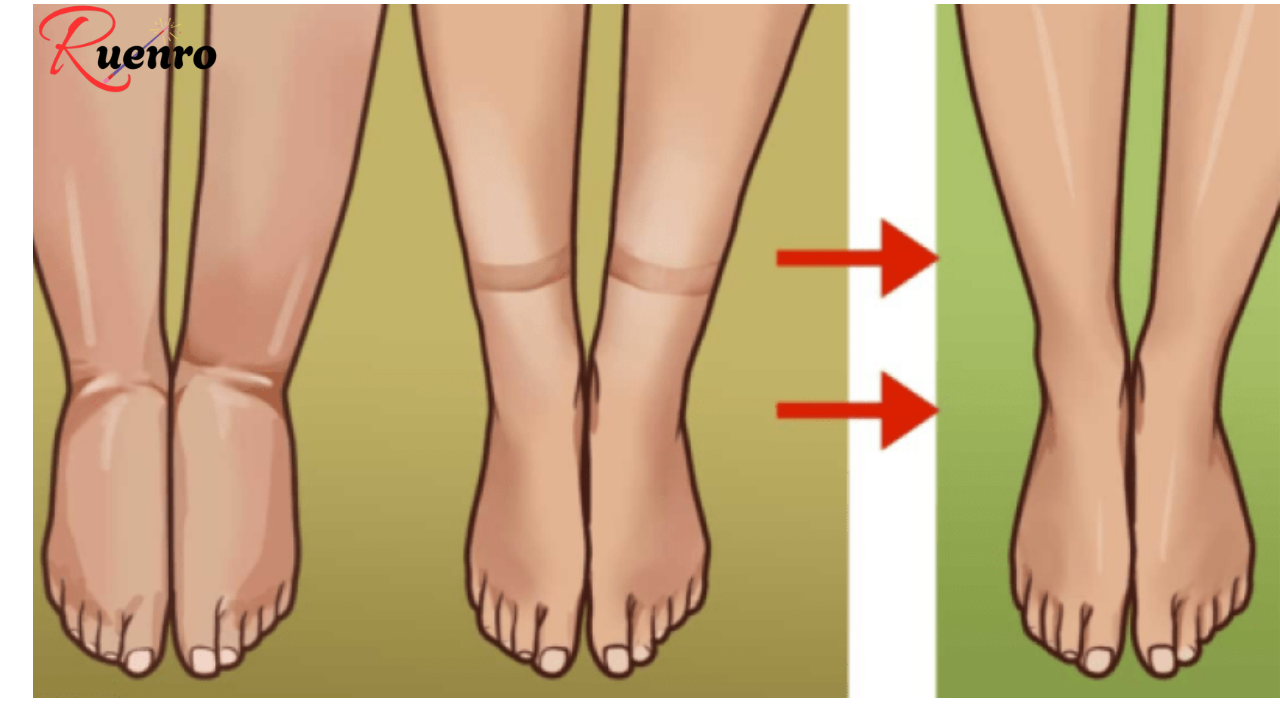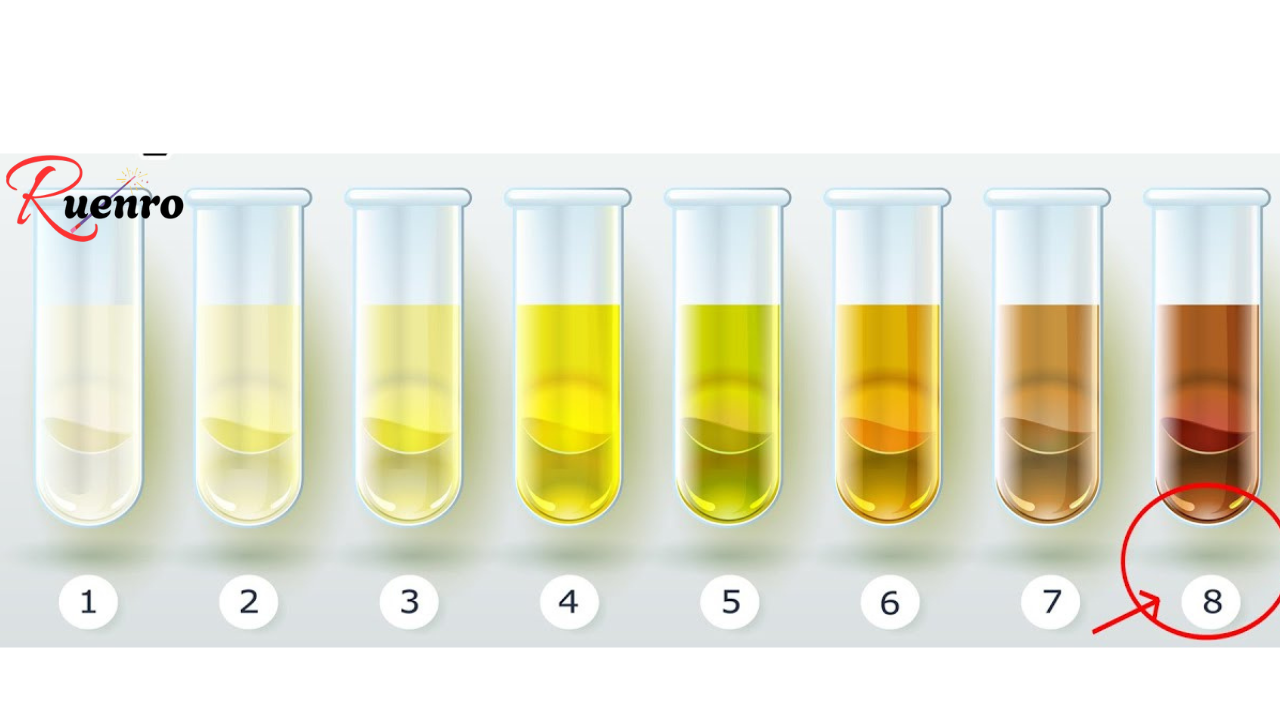Blood cancer is one of the most common — yet most misunderstood — types of cancer. Unlike other cancers that form solid tumors, blood cancer starts in the bone marrow or lymphatic system, affecting the production and function of blood cells.
Because its symptoms often appear subtle and resemble common illnesses like the flu, fatigue, or stress, many people don’t realize something is wrong until the disease has progressed.
Understanding the early warning signs can make all the difference. Detecting blood cancer early gives doctors the best chance to treat it effectively.
Let’s explore the 11 most important signs of blood cancer and why they happen.
1. Persistent Fatigue and Weakness
Feeling tired is common — but the exhaustion caused by blood cancer is very different. It’s deep, unrelenting fatigue that doesn’t improve with rest or sleep.
This happens because cancerous cells crowd out healthy red blood cells in the bone marrow, leading to anemia — a shortage of oxygen-carrying cells in the body.
What to watch for:
- Constant tiredness, even after full rest
- Shortness of breath
- Pale or yellowish skin
If you feel unusually drained for no clear reason, it’s worth checking your blood levels with your doctor.
2. Frequent or Unexplained Infections
One of the earliest signs of blood cancer is a weakened immune system. Healthy white blood cells defend the body against bacteria and viruses, but when cancer affects the bone marrow, it produces abnormal white cells that don’t function properly.
This makes you more prone to infections — and they can occur more often or take longer to heal.
Warning signs include:
- Repeated colds or throat infections
- Fever that won’t go away
- Frequent mouth ulcers
- Slow healing cuts or wounds
If infections seem to come back again and again, it could be a sign that your immune system is struggling.
3. Unexplained Bruising or Bleeding
When blood cancer disrupts normal blood cell production, your platelet count can drop. Platelets are essential for blood clotting, so when levels are low, bruising and bleeding become more common.
You might notice:
- Bruises appearing without injury
- Bleeding gums
- Frequent nosebleeds
- Heavy or prolonged menstrual bleeding
- Tiny red spots on the skin (petechiae)
If you notice bruises or bleeding that doesn’t make sense, don’t ignore it — it could be your body’s way of signaling a blood disorder.
4. Swollen Lymph Nodes
Lymph nodes are small, bean-shaped glands that filter harmful substances and support immune function. When affected by blood cancer — especially lymphoma or leukemia — they can swell and become noticeable under the skin.
Common areas where you might feel swollen lymph nodes include:
- Neck
- Armpits
- Groin
These lumps are usually painless, but they may grow over time. Persistent swelling that lasts more than two weeks should be checked by a healthcare provider.
5. Unexplained Weight Loss
If you’re losing weight without trying, it could be a red flag. Many cancers, including blood cancer, can cause unintentional weight loss due to the body’s increased energy use as it tries to fight the abnormal cells.
This happens because the cancer speeds up your metabolism or suppresses your appetite.
Warning signs include:
- Losing more than 5 kg (10 lbs) in a month without effort
- Poor appetite
- Feeling full quickly
Always mention unexplained weight loss to your doctor — especially if it’s accompanied by fatigue or night sweats.
6. Night Sweats
Soaking night sweats — the kind that leave your pajamas and sheets drenched — can be another early symptom of blood cancer.
This occurs because the body is reacting to the cancer cells, causing a spike in temperature as it tries to fight infection or inflammation.
If you regularly wake up drenched, even in a cool room, it’s time to investigate further.
7. Persistent Fever or Chills
A low-grade fever that keeps returning or lasts for weeks can indicate an infection — or something more serious like blood cancer.
Leukemia and lymphoma can both cause fevers because your immune system is under constant stress and can’t regulate properly.
Watch for:
- Temperature above 37.5°C (99.5°F) for several days
- No clear cause (like a cold or flu)
- Accompanying chills or body aches
Chronic fevers should always be evaluated with a blood test.
8. Bone or Joint Pain
Since blood cancer starts in the bone marrow, where blood cells are produced, it can cause discomfort in your bones or joints.
You might experience:
- Dull, aching pain in your arms, legs, or ribs
- Tenderness when pressing certain bones
- Stiffness in the morning or after resting
Bone pain that persists or worsens is a classic sign of leukemia and should be checked promptly.
9. Shortness of Breath or Chest Pain
Low red blood cell counts and anemia caused by blood cancer can make it hard for your body to transport oxygen effectively. As a result, even mild exertion can leave you breathless.
You might feel dizzy, lightheaded, or experience chest tightness.
If you find yourself struggling to catch your breath or feel chest discomfort without an obvious reason (like asthma or exercise), it’s best to consult your doctor.
10. Abdominal Fullness or Swelling
Some types of blood cancer — especially lymphoma — can cause the liver or spleen to enlarge. This can lead to a feeling of fullness or bloating, even after eating only a small amount of food.
You might also notice discomfort under your ribs or swelling in your upper abdomen.
This symptom is often accompanied by weight loss or fatigue and should not be ignored.
11. Pale Skin or Changes in Complexion
Because blood cancer affects red blood cell production, oxygen supply throughout the body decreases — causing paleness, particularly noticeable in the face, lips, or nail beds.
Your skin may also appear slightly yellow or waxy. If you notice a change in your natural complexion that persists, ask your doctor for a complete blood count (CBC).
Types of Blood Cancer
There are three main types of blood cancer:
- Leukemia – Begins in bone marrow and affects white blood cells.
- Lymphoma – Starts in the lymphatic system and impacts lymphocytes (a type of white blood cell).
- Myeloma – Affects plasma cells that help fight infections.
Each type has its own specific symptoms, but they share many common warning signs like fatigue, bruising, and night sweats.
When to See a Doctor
Many symptoms of blood cancer mimic those of mild infections or everyday fatigue. However, if you experience multiple symptoms for more than two weeks, especially persistent fatigue, bruising, or swollen lymph nodes, it’s important to seek medical advice.
A simple blood test can often detect abnormalities early. If necessary, your doctor may order further tests, such as bone marrow biopsies or imaging scans.
How to Lower Your Risk
While not all blood cancers can be prevented, you can reduce your overall cancer risk by:
- Avoiding smoking and exposure to toxic chemicals
- Maintaining a healthy diet rich in antioxidants
- Exercising regularly to strengthen your immune system
- Getting regular medical checkups and blood tests




Leave a Comment